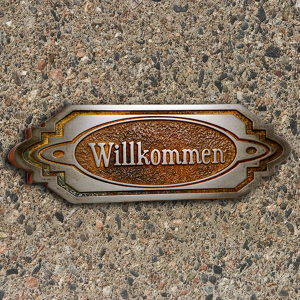Spelling is a strange topic. For one, it’s rarely constant. Over time, spellings tend to drift or change outright. Two, it’s not phonetic at all. For example, the city of Worcester, Massachusetts is pronounced “Wooster” or “Woostah”.
A standardized spelling only came into effect after the first dictionaries were published. However, even with dictionaries, spelling changed with time. Most of the changes came from simple shearing of extra letters. Catalogue became catalog, colour became color, and so on. As time went on, people began to realize that spelling in English didn’t make any sense. And thus the English Spelling Reform movements were born.
As of today, there are not very many spelling reform movements. However, during the 1800’s, there were countless proposals. By 1906, an American council had decided to seek the approval of the government for officially changing English spelling. It was largely unsuccessful because of several factors. Some of the more glaring problems, ones that still exist, are teaching people to switch to a brand new system from a well-established one, the cost of reprinting old books and signs, and the difficulty of forcing people to accept it.
However, spelling reform does make a bit of sense. After all, English words often have strange spellings and often don’t match up with their modern pronunciations. This is largely because there isn’t a single standard for English, nor is there a committee for the preservation of English, unlike French or Spanish. Without that committee, there’s no real way to unify English spellings.
Is the lack of spelling reform a bad thing? Not necessarily, but it does make learning English very complicated. Take a look at this sentence: Though a rough cough and hiccoughs ploughed through him, he houghed the horse with thorough thoughtfulness. As a native English speaker, that’s a challenging sentence, but as a second language, that’s nearly impossible. On the other hand, by not changing the spelling of words, it remains possible to suss out the meaning of obscure words, thanks to Latin and Greek roots.
Spelling is a strange thing, and Atlas Signs and Plaques will work with you, but (and there is always a but”) with that said, you have the final choice of what you want on your sign. Because of all the variables in spelling, Atlas insists on written copy from the client. If you want to make your sign Phonetic,or spelled in Old English, or would like to include Non English words, we can do that! Just let us know and we’ll do the rest.

